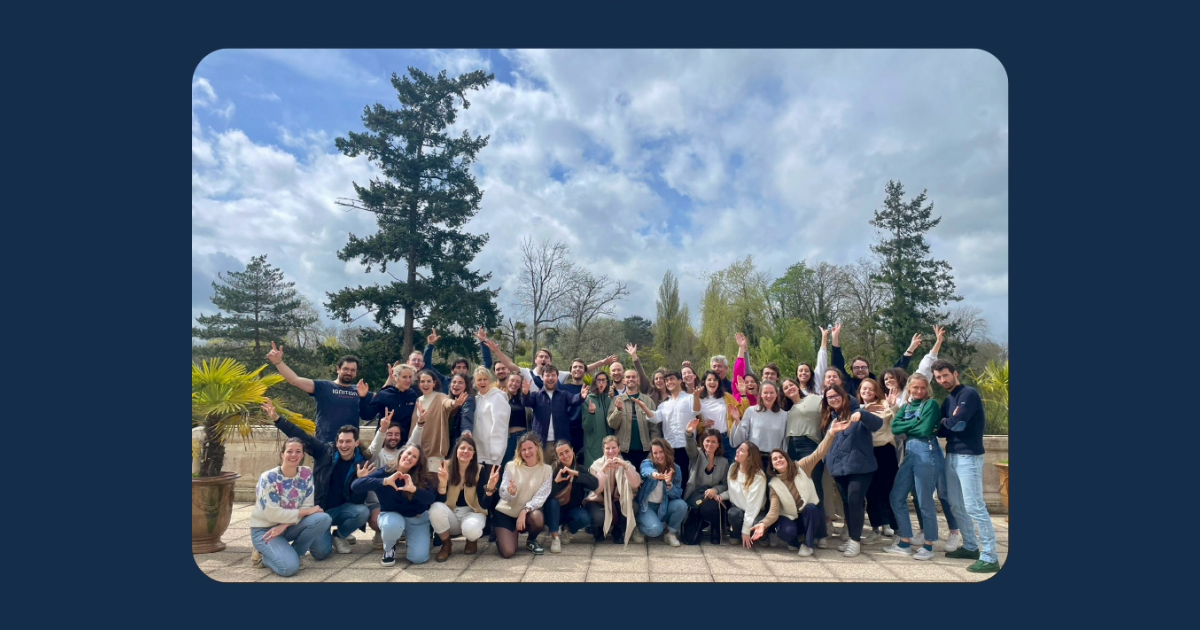

Ignition Program

Île-de-France, France
June 2024
Employment placement & HR
Service with Minor Environmental Footprint
France,
Portugal
Née de l’envie de bâtir un monde du travail à visage humain basé sur l'authenticité, l'apprentissage et la confiance, Ignition Program est une agence de conseil RH qui accompagne à la fois les talents et les entreprises. Pour les talents, l’agence aide chacun à trouver sa juste place, à se sentir utile et à libérer son plein potentiel. Pour les entreprises, Ignition Program propose des solutions facilement actionnables permettant d’améliorer les pratiques RH, incluant le recrutement, la formation des managers, le coaching, le soutien RH et l'externalisation. Notre objectif est de créer un environnement de travail où le capital humain est valorisé pour une performance saine et durable des organisations. Depuis 2013, nous avons formé 1 500 managers, soutenu 3 500 entreprises et accompagné plus de 10 000 candidats.
Overall B Impact Score
Governance 19.0
Governance evaluates a company's overall mission, engagement around its social/environmental impact, ethics, and transparency. This section also evaluates the ability of a company to protect their mission and formally consider stakeholders in decision making through their corporate structure (e.g. benefit corporation) or corporate governing documents.
What is this? A company with an Impact Business Model is intentionally designed to create a specific positive outcome for one of its stakeholders - such as workers, community, environment, or customers.
Workers 39.0
Workers evaluates a company’s contributions to its employees’ financial security, health & safety, wellness, career development, and engagement & satisfaction. In addition, this section recognizes business models designed to benefit workers, such as companies that are at least 40% owned by non-executive employees and those that have workforce development programs to support individuals with barriers to employment.
Community 19.7
Community evaluates a company’s engagement with and impact on the communities in which it operates, hires from, and sources from. Topics include diversity, equity & inclusion, economic impact, civic engagement, charitable giving, and supply chain management. In addition, this section recognizes business models that are designed to address specific community-oriented problems, such as poverty alleviation through fair trade sourcing or distribution via microenterprises, producer cooperative models, locally focused economic development, and formal charitable giving commitments.
Environment 4.5
Environment evaluates a company’s overall environmental management practices as well as its impact on the air, climate, water, land, and biodiversity. This includes the direct impact of a company’s operations and, when applicable its supply chain and distribution channels. This section also recognizes companies with environmentally innovative production processes and those that sell products or services that have a positive environmental impact. Some examples might include products and services that create renewable energy, reduce consumption or waste, conserve land or wildlife, provide less toxic alternatives to the market, or educate people about environmental problems.
Customers 3.5
Customers evaluates a company’s stewardship of its customers through the quality of its products and services, ethical marketing, data privacy and security, and feedback channels. In addition, this section recognizes products or services that are designed to address a particular social problem for or through its customers, such as health or educational products, arts & media products, serving underserved customers/clients, and services that improve the social impact of other businesses or organizations.